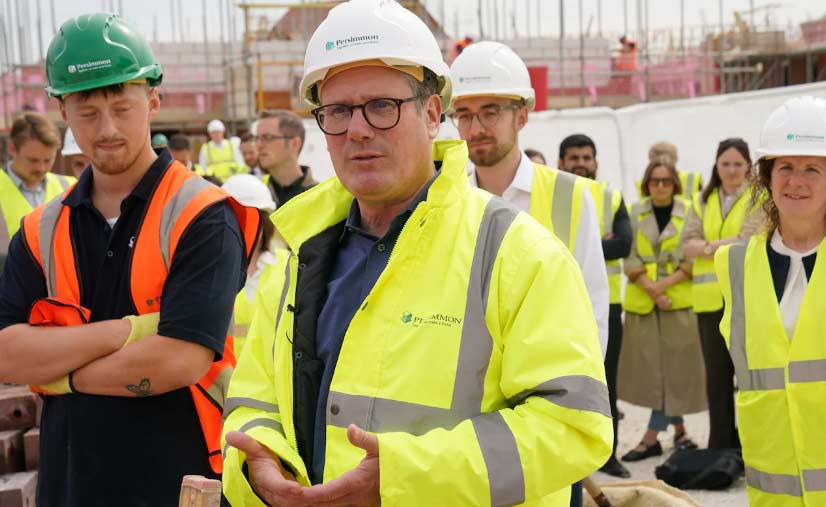
The UK Labour government has announced ambitious plans to address the housing crisis by committing to build 300,000 homes annually. Their strategy focuses on creating affordable, high-quality housing to support families and communities.
However, with Net Zero targets still to be met, can the government deliver these plans sustainably?
One of Labour’s focuses is the Warm Homes Plan. This scheme offers grants and low interest loans to support investment in insulation and other improvements such as solar panels, batteries and low carbon heating to cut bills. They plan to partner with combined authorities, local and devolved governments to roll out this out. Labour will also work with the private sector to provide further private finance to accelerate home upgrades and low carbon heating.
Partnerships like these are a fantastic way to increase the number of sustainable homes across the country. By working together, associations and councils can share technical knowledge, create pilot schemes, establish what works and what doesn’t, and indicate which measures will be most cost effective.
Findings can then be shared and used to decide how work can be scaled up for major investment programmes, helping large scale housing projects happen more quickly and efficiently.
“Collaboration between councils, associations and private companies such as Nilan are a great way to share knowledge and hit housing targets efficiently.”

How Nilan UK can help
We’ve recently worked with housing associations and councils on their new build and retrofit projects.
The first step is to ensure the buildings are air tight. This helps to lower the overall energy-demands of the homes. Once this is done, they can then be fitted with cutting-edge Nilan Compact units. By using heat recovery technology, the Nilan Compact P units significantly reduce energy consumption and carbon emissions, making homes more energy-efficient and environmentally friendly.
The units work by exploiting the energy in air extracted from the building to provide hot water, ventilation, heating and cooling.
This approach leads to significant reduction in domestic energy costs and carbon emissions, and therefore has a lower impact on the environment.
Conclusion
Labour’s housing policy not only addresses the urgent need for more homes but also sets a new standard for sustainable living, promising a future where affordable housing and environmental responsibility go hand in hand.
Collaboration between councils, associations and private companies such as Nilan are a great way to share knowledge and hit housing targets efficiently.
For more information on how Nilan products can be used in your projects, contact: sales@nilan.uk.com